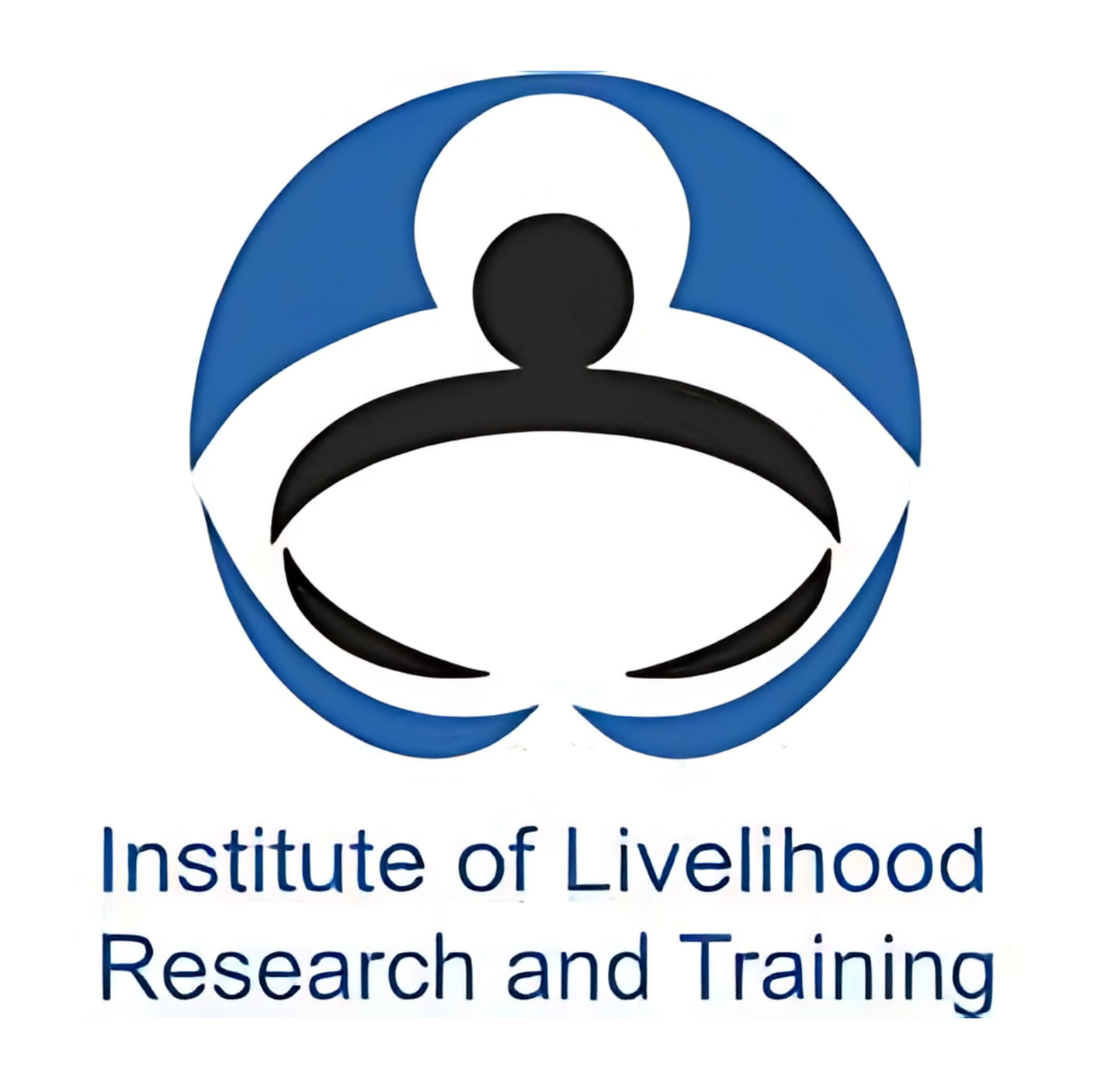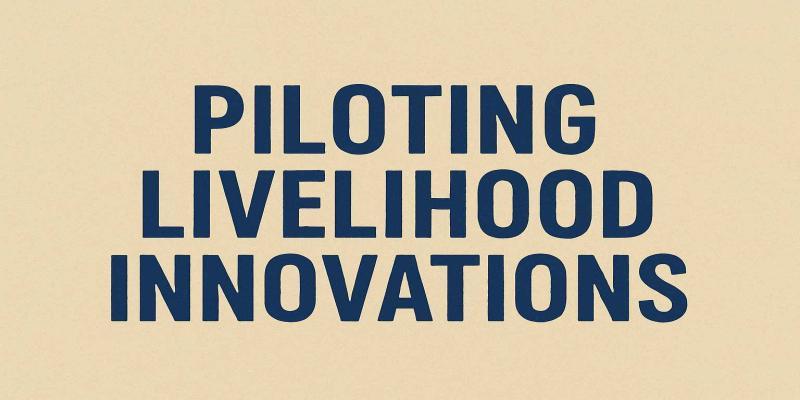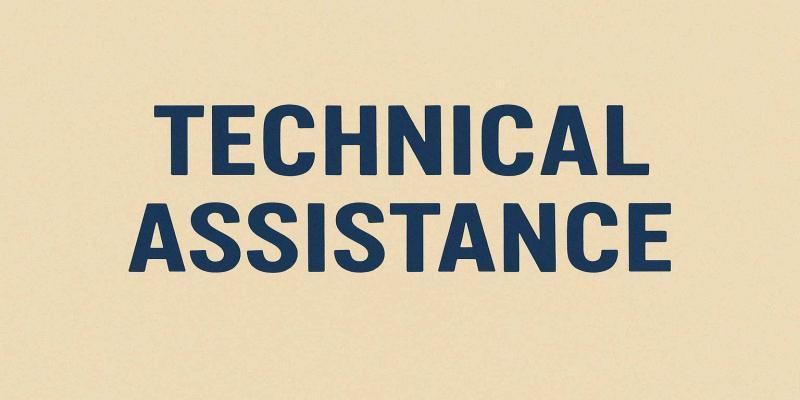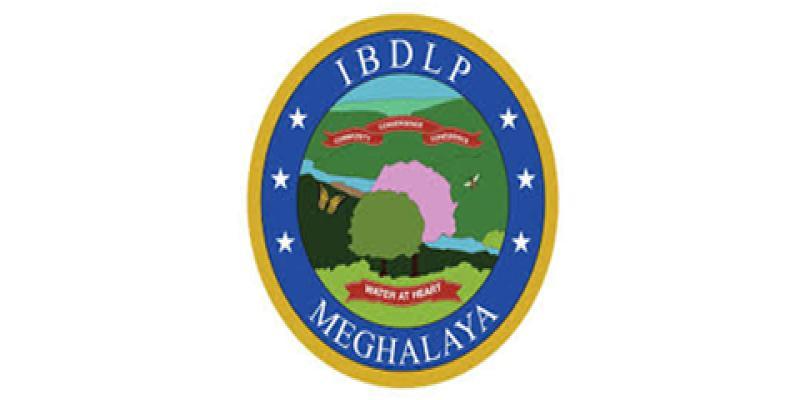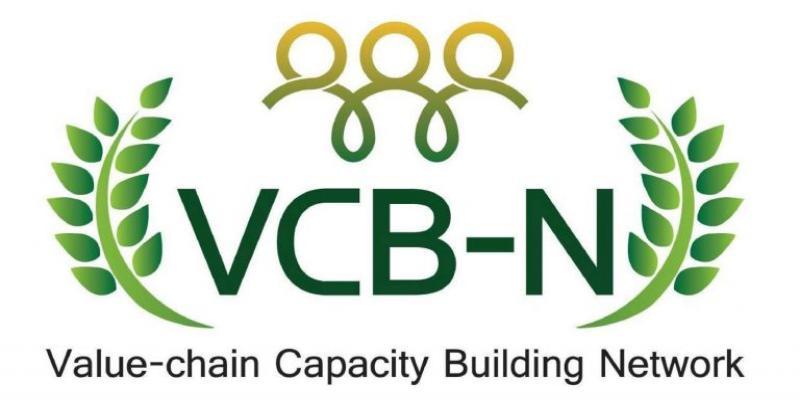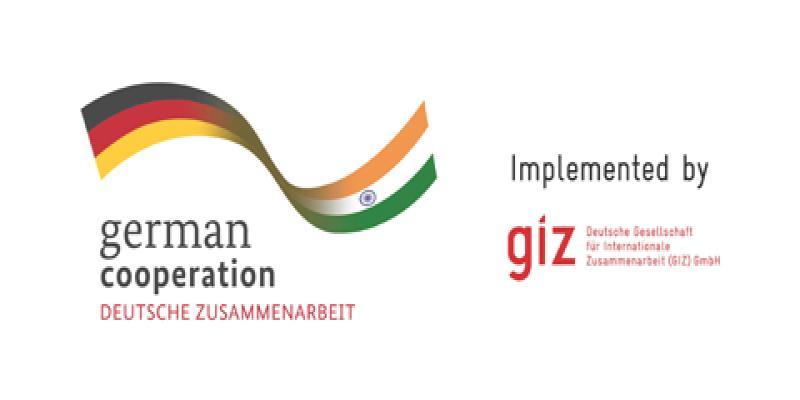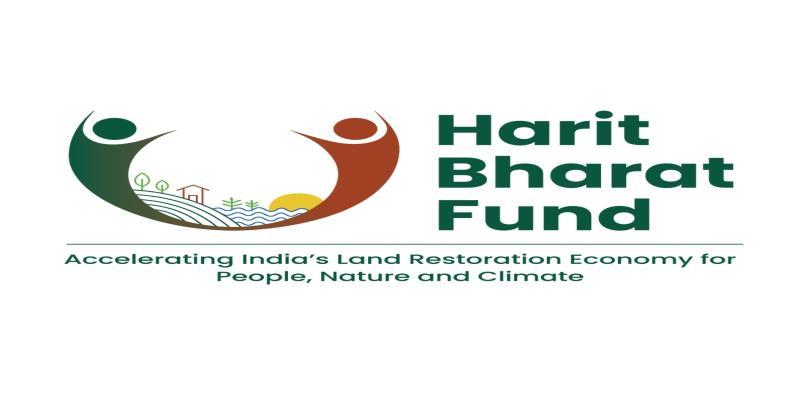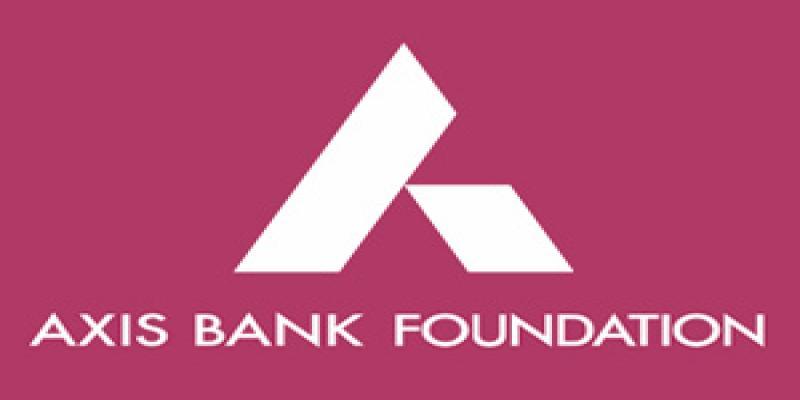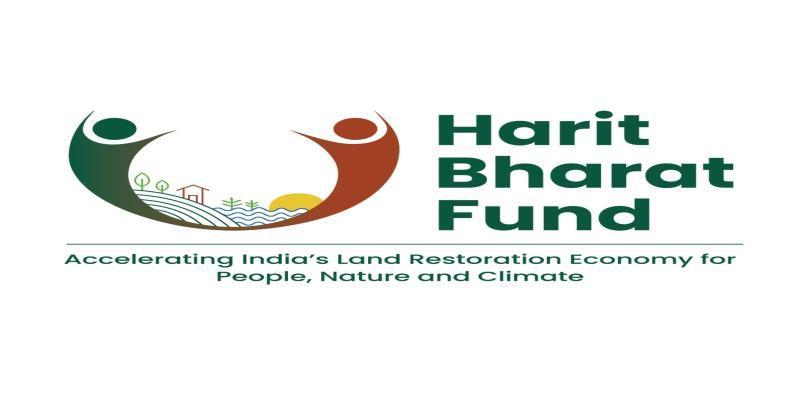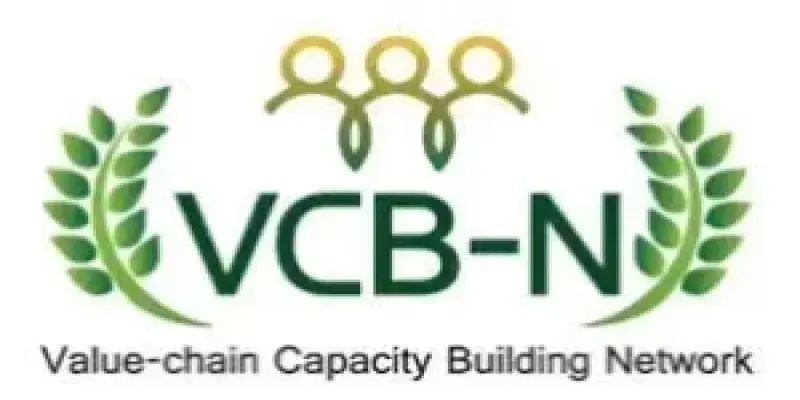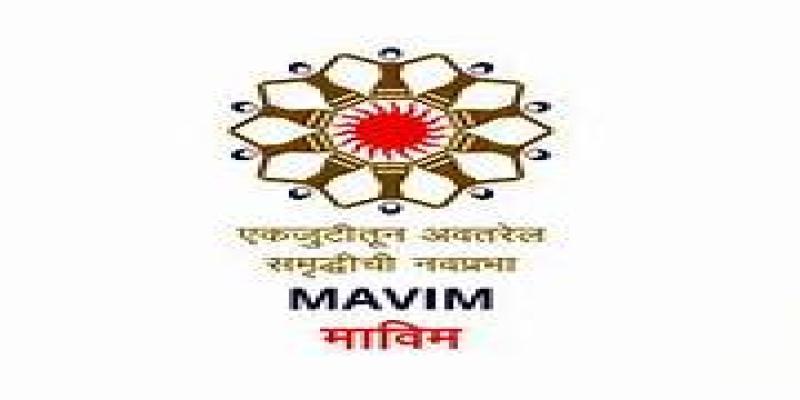19-20 February 2026

Livelihood Mapping
Identifying Local Context-Based Livelihood Opportunities.
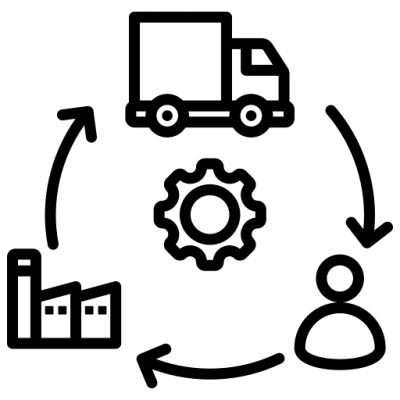
Value Chain & Market System Analysis
Improving market linkages & value

Skill Gap Analysis
Identifying workforce skill gaps

Piloting Innovations
Innovating and scaling solutions.

Capacity Building
Strengthening skills and leadership

Technical Assistance
Improving program design & implementation

Impact Assessment
Measuring social, economic, & environmental

Thematic Research
Generation of evidence and insights
What We Do
ILRT Updates
- National Conference on Transforming Rural Livelihood Landscape in India
- Training Program On Scaling-Up Pro-Poor Value Chain And Market System Development
ANNOUNCEMENT-1
National Conference on “Transforming Rural Livelihood Landscape in India"
Click to Register
ANNOUNCEMENT- 2
TRAINING PROGRAM ON SCALING-UP PRO-POOR VALUE CHAIN AND MARKET SYSTEM DEVELOPMENT
Click to download the brochure
APPROACH FOR SUSTAINABLE LIVELIHOOD PROMOTION
POLICY ANALYSIS
Policy Analysis and Advocacy for Socio-economic Development of the Poor, Women, Tribal, etc.





RESEARCH
Applied Research and Analysis on Sectoral, Segmental, Spatial and Crosscutting Issues, leading for Livelihood Enhancement..
CAPACITY BUILDING
Building capacities of Livelihood Practitioners, Professionals and Planners through Development of Curriculums and Digital Learning Tools.
ACTION RESEARCH
Engaging in Action Research for Piloting Innovations and Disseminating the Learnings.
TECHNICAL ASSISTANCE
Extending Technical Assistance to Livelihood Promoting Organizations/Programs for Design and Implement Livelihood Interventions.
SUSTAINABLE LIVELIHOOD
